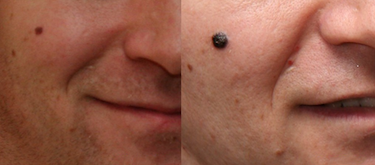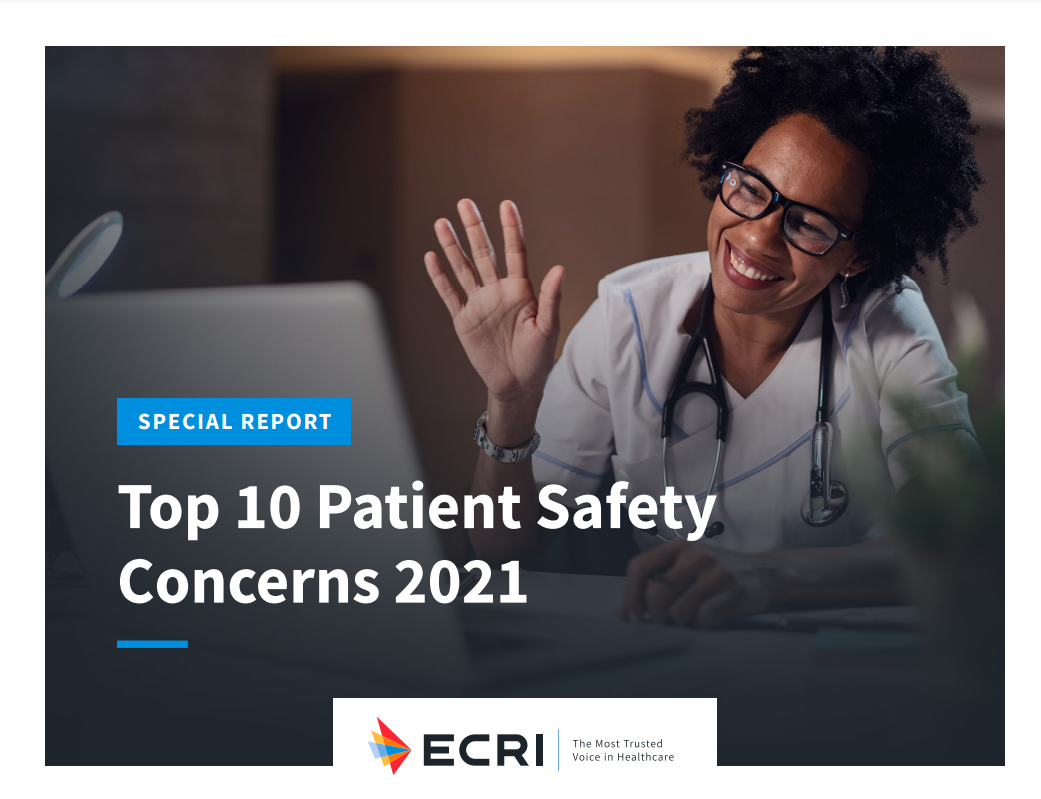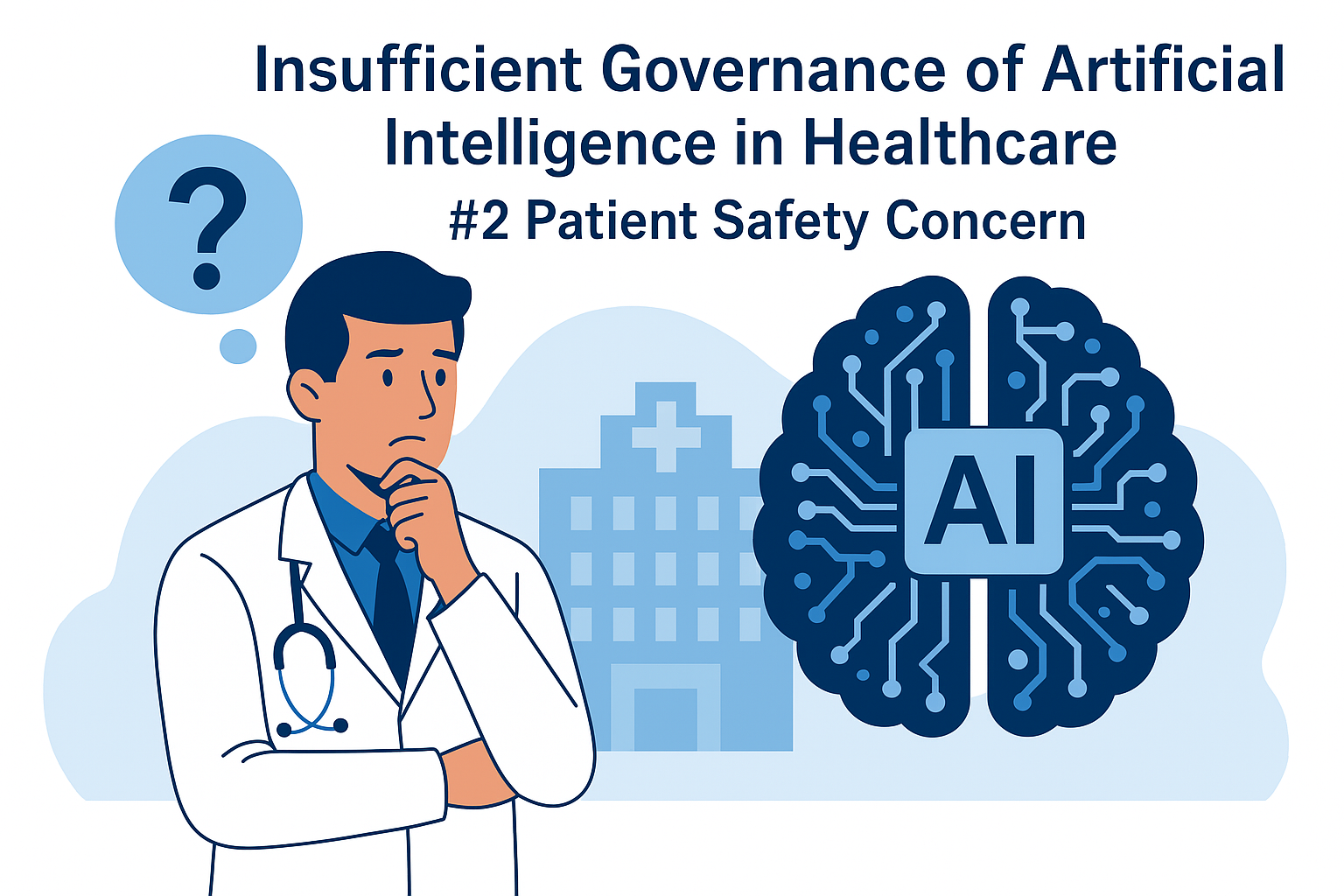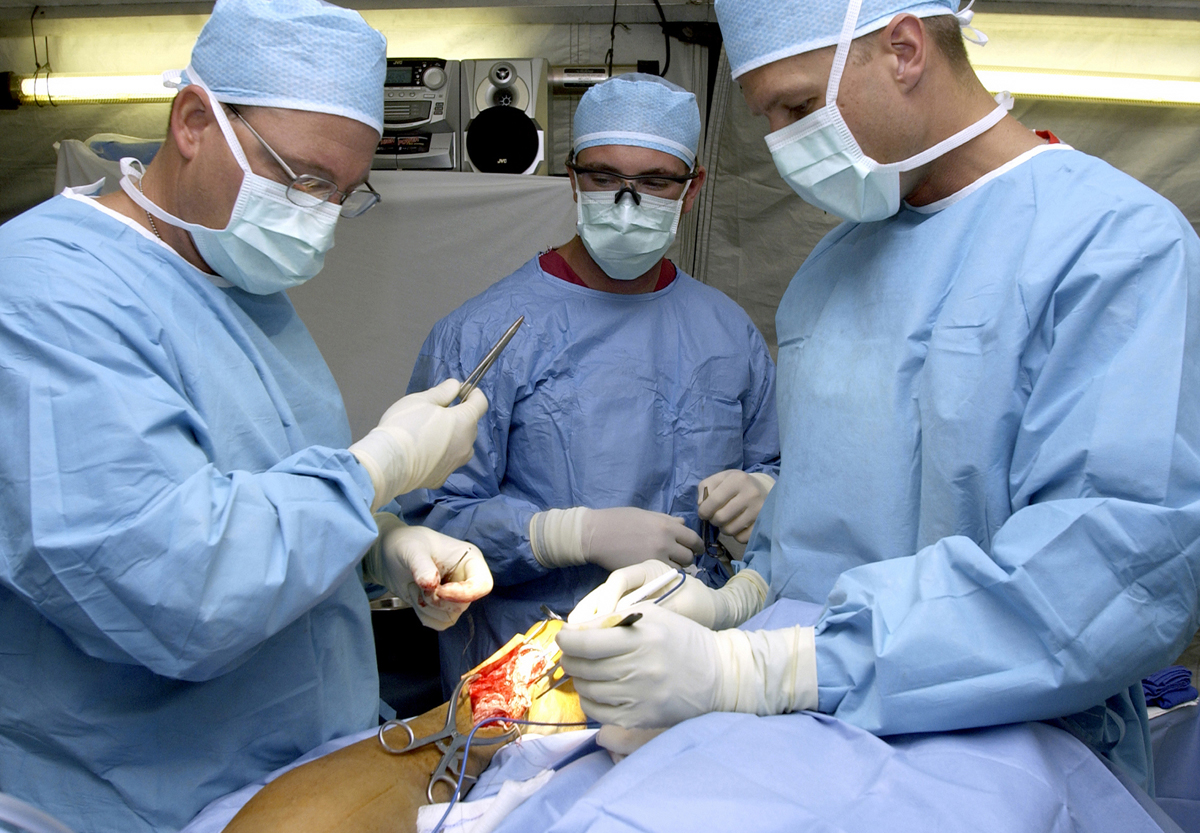Jeffrey B. Bloom to Present on Medical Malpractice at NYSBA’s “Bridging the Gap” CLE Program
 Our partner Jeffrey B. Bloom will be a featured speaker at the New York State Bar Association’s (NYSBA) “Bridging the Gap” Continuing Legal Education (CLE) program, taking place October 14–15, 2025.
Our partner Jeffrey B. Bloom will be a featured speaker at the New York State Bar Association’s (NYSBA) “Bridging the Gap” Continuing Legal Education (CLE) program, taking place October 14–15, 2025.
Mr. Bloom will lecture on Medical Malpractice, sharing his extensive experience litigating complex cases. With decades of experience and numerous record-setting verdicts, including multimillion-dollar recoveries for victims of medical negligence, Mr. Bloom brings unmatched insight into how trial lawyers can effectively advocate for injured patients.
The NYSBA Bridging the Gap program provides 16.0 MCLE credits (7.0 Professional Practice, 6.0 Skills, and 3.0 Ethics) and is designed to help newly admitted attorneys develop a strong foundation in practical skills, ethics, and professional responsibility.
 New York Personal Injury Attorneys Blog
New York Personal Injury Attorneys Blog










